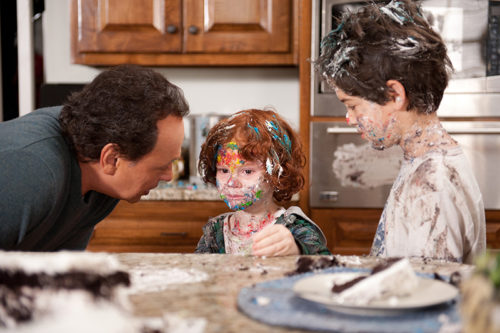Discipline, Parents, Kids and “Natural Consequences”
I got a kick discovering an “atlas” of parenting and discipline types (according to Laura Hamilton at UC-Merced CA) who tallied three categories: Bystander parents with limited kid contact; Paramedics swooping in for major problems; and, Helicopters always hovering all the time.
I say a kick because although entertainingly descriptive (and perhaps embarrassingly accurate to a degree) it just seems to leave a WHOLE LOT out of the equation—and ignore half of it entirely: the kid!
Both “parenting” and “childing” come in several different styles
Just trolling the internet for “parenting styles,” I find hundreds of thousands of posts and the same number of opinions on how YOU should be raising your sweet ones. And, I must confess, way too many of them disgust me by their manner of conveying information in such a backhanded way to deliberately make you feel ashamed or guilty if you don’t buy in to their rhetoric.
Even their labels for “bad” parenting categories disgust me, for example: the term “neglectful” parenting, applied to anyone who isn’t permissive, authoritarian or authoritative—just shameful.
Also strategically missing from all this rhetoric is any evidenced based outcome data; such as: how many children from so-labeled “permissive” parents end up in jail compared with the other three types of parenting? (or in college, or divorced etc.) Nearly impossible studies to do, but the so-called “experts” act like if you even disagree with a child’s “creativeness” you should be brought up on charges!
Discipline For The Ages
Are Natural Consequences Really The Best
Before the holiday break I posted a link to a great article by a “colleague from another mother” of mine, Dr. Greg Barrett, who gets up front and personal about discipline advice he gives the parents of his patients—when they ask him for it (and perhaps sometimes even when they don’t.)
I’ve never met the man personally but his approach to practicing pediatrics is so identical to mine (at least on paper) we may have been separated at birth. This is the discussion I wish we could have—at least my 26½ cents worth.
PARENT-ing and CHILD-ing
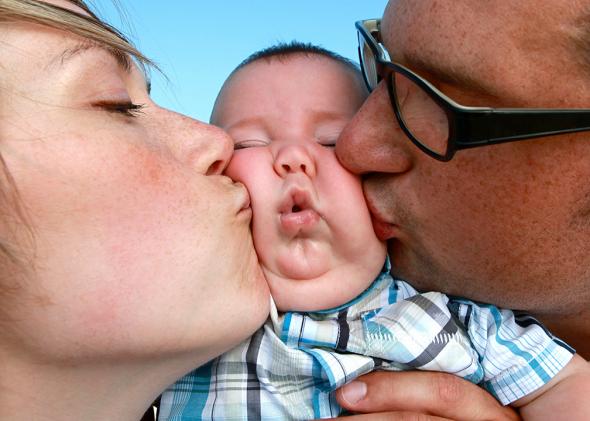
Greg, from your article I get the impression that you try and avoid the “unsolicited advice” conundrum by either waiting for a “teachable moment”—like when they ask for it—or by giving a proactive “generalized, non-specific” version of techniques as part of your general checklist of points made at “well-baby” exams.
That’s also the approach I’ve used; but, I’m observing that in the last 6 or so years parents have stopped asking for advice from anyone as much as they used to. It’s like they’ve now got it all figured out; and/or, have gotten so intimidated by the rhetoric coming at them that they’re afraid to show they’re even considering anything but the so-called “Authoritative parenting” being touted as the “one true way.”
I just wish that I also saw less of a need for them to ask for advice now as compared to before; but there isn’t. Unfortunately “one size fits all” is no more enforceable to “parenting” than it is to “childing.”
I’m confused and concerned that the parents of this generation aren’t able to see the difference children have from each other in their need for varied approaches to discipline—like what we see.
Take A Left At Shangri-La Then On Until Neverland
Perhaps it might have been the same with parents in our generation but I sure didn’t notice that adults back then felt much need to go into lengthy discussions with children to explain the rationale behind their every decision—like is so common today.
It makes me sad when I see a parent feel they need to tell a 4-5 year old: “darling, we don’t kiss pigs because their noses have been on the “ground” and germs may get in your mouth and make you sick. Do you think you can not do that? I’ll buy you an ice cream.”
Listen, a parent is under no obligation to explain their every decision to their children. One can if one wants; but, you need to use common sense about what can be understood and the circumstances. And, it’s a hard effort to keep up for any length of time, a bad habit for a child to expect every time and will definitely come back to bite both of you in the end.
It might sound iconoclastic but it IS perfectly ok to just say: “NO”—and to merely have the only rationale be: “because I’m the mommy that’s why.”
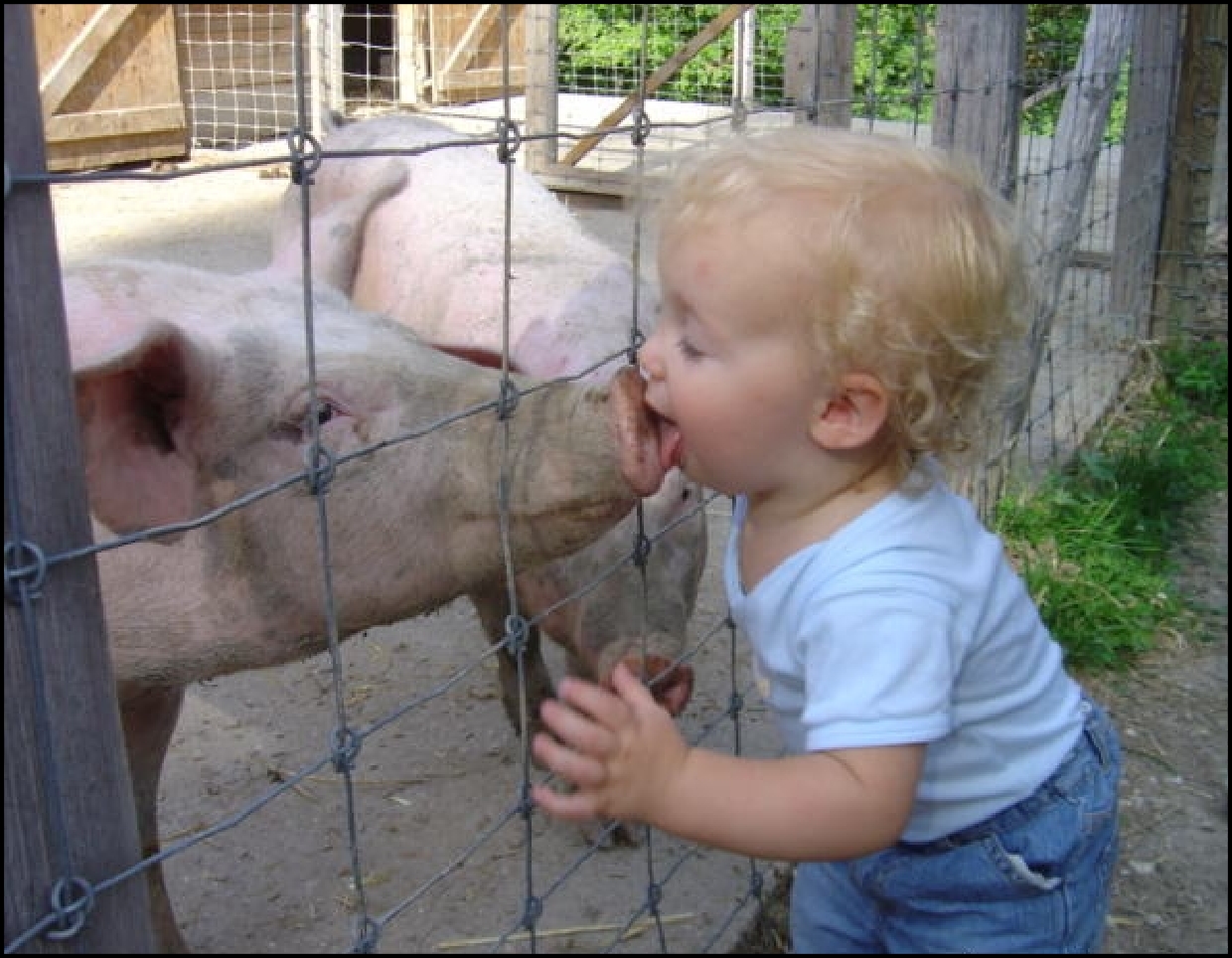
You do already know that the child won’t ever learn the rationale necessary to execute appropriate behavior on their own without giving them at least some explanation some time… right? But you surely also can’t be naïve to the fact that a great technique to keep your parents hopping is to just stubbornly not listen no matter what they do. It takes both sides to discuss something, a tantrum precludes that; so, that’s when you pull out the “because I’m the daddy.”
(OK, I see you back there, yea you in the back. Don’t you roll your eyes at me!) Really, it truly is ok! And believe it or not, it’s not only perfectly acceptable parenting practice but in nearly all circumstances (including most teen discussions) the child (whether they like it or not) is relieved to know that someone is “in charge” and it doesn’t have to be them. (And for teens, to have someone to complain about and blame it on to their friends.)
And Greg, your point about “why” to discipline is not only spot on but it’s a bit discouraging that we need to even stop and explain it.
Perhaps it’s the old “can’t see the forest for the trees” stuff; namely, getting so focused in “looking like” a good parent according to the books that the long-term goal is forgotten: “making sure he/she learns the concepts of boundaries and become adults who are responsible, law-abiding members of society.”
To quote you, Greg, “Installing a proper system of discipline is critical because the end is so vitally important.” And we can’t afford to miss parenting toward long-term goals while we are fussing about how to be an “authoritaTIVE” and not “authoriTARIAN” parent merely to please some author.
Tantrums and Willfullness
I see that you seemingly discount tantrums and willfulness in your list of WHEN to discipline Greg; but, I know that isn’t the full story. I can tell that you really don’t advise “rewarding” a tantrum from everything else you write; but, I’m not sure that is clear to all parents.
Single tantrums are universal to all children, “willfulness” doesn’t occur in all children and we know battle’s must be chosen; but the full scale “Isle 11 meltdowns” you described most likely represent long-term issues and trained behaviors which surely should be disagreed with and deserve attempts at retraining the defective coping skills they’ve fallen in to.
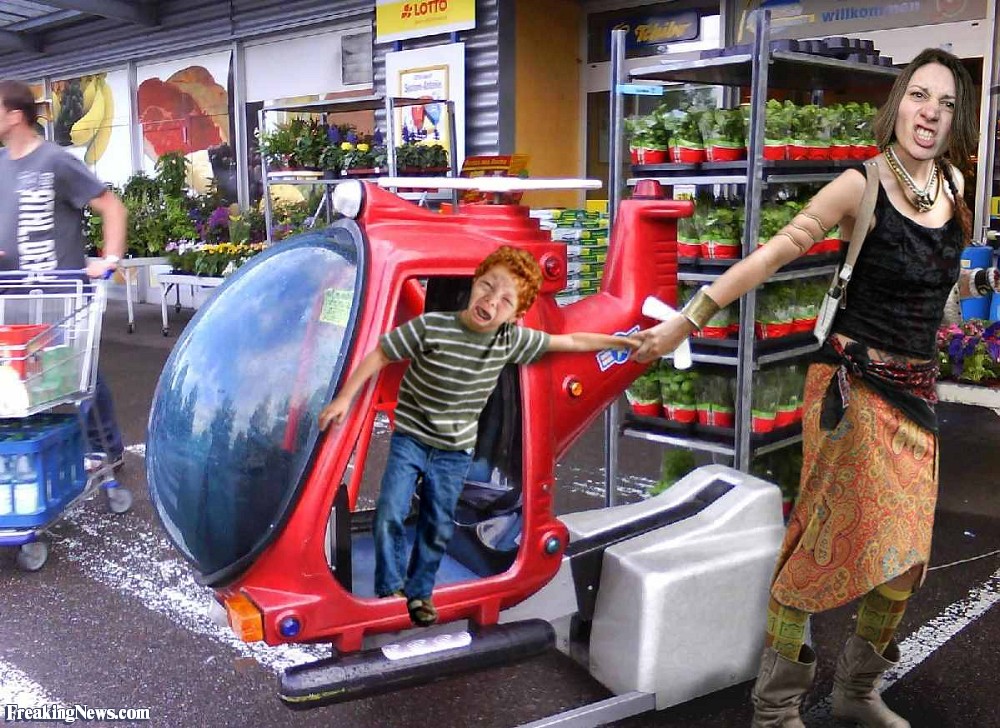
While a parent does need to “pick his battles,” simply ignoring a tantrum may just be what started the habit in the first place and for sure is the fuel that is keeping it going. As a child experiments with behavior choices, a “non-response” from a parent is considered an affirmative response by the child none-the-less, especially a teen.
Manipulating parents by throwing tantrums surely is NOT something to be encouraged in a child. At very minimum the responsibility of parents is to disagree with the behavior and, if they must, punctuate that point to the level it is both noticed and understood.
What to do about them once they occur? Well, like almost every other problem, it’s best not to let them get started. But, though difficult, the extinction of the behavior comes through NEVER, but never, ever rewarding their throwing a tantrum by giving them what they are demanding—or even negotiating about it… even if you were going to do what they wanted in the first place.
Yes, it may take avoiding the circumstances which precipitate such behavior until they are more mature—realizing, of course, that it’s not fair parenting behavior to expect everyone else in the room to endure watching YOU merely ignoring the behavior for very long. At first those looks from other parents you describe Greg are, in fact, looks of sympathy; but, they will turn into something else if you neglect the social grace of taking your discipline out of the public arena.
Spanking, Time-outs and Natural Consequences
I truly hope that parents reading this blog will read to the end of your article I posted the link to. Unfortunately, the best is last and covers discipline techniques.
Just as unfortunate, a technique may be described and some will add to it all kinds of assumed interpretations and “never-intended” rationale.
Spanking is NOT as productive as once was thought BUT is effective and even needed in isolated situations where other things have failed.
Ignoring inappropriate behavior, on the other hand can be just as life limiting and damaging to the child given it’s own set of circumstances.
Time-outs are mostly effective but ARE NOT either the ONLY WAY or sometimes even the BEST WAY of discipline for either all parents or all children. From what I’ve seen, these days, Time-outs are more often miss-applied than spanking merely because of how often they are used comparatively.
Natural consequences make sense in about every way—except when they don’t, like when they cause lasting damage [i.e. about every interaction with government or law].
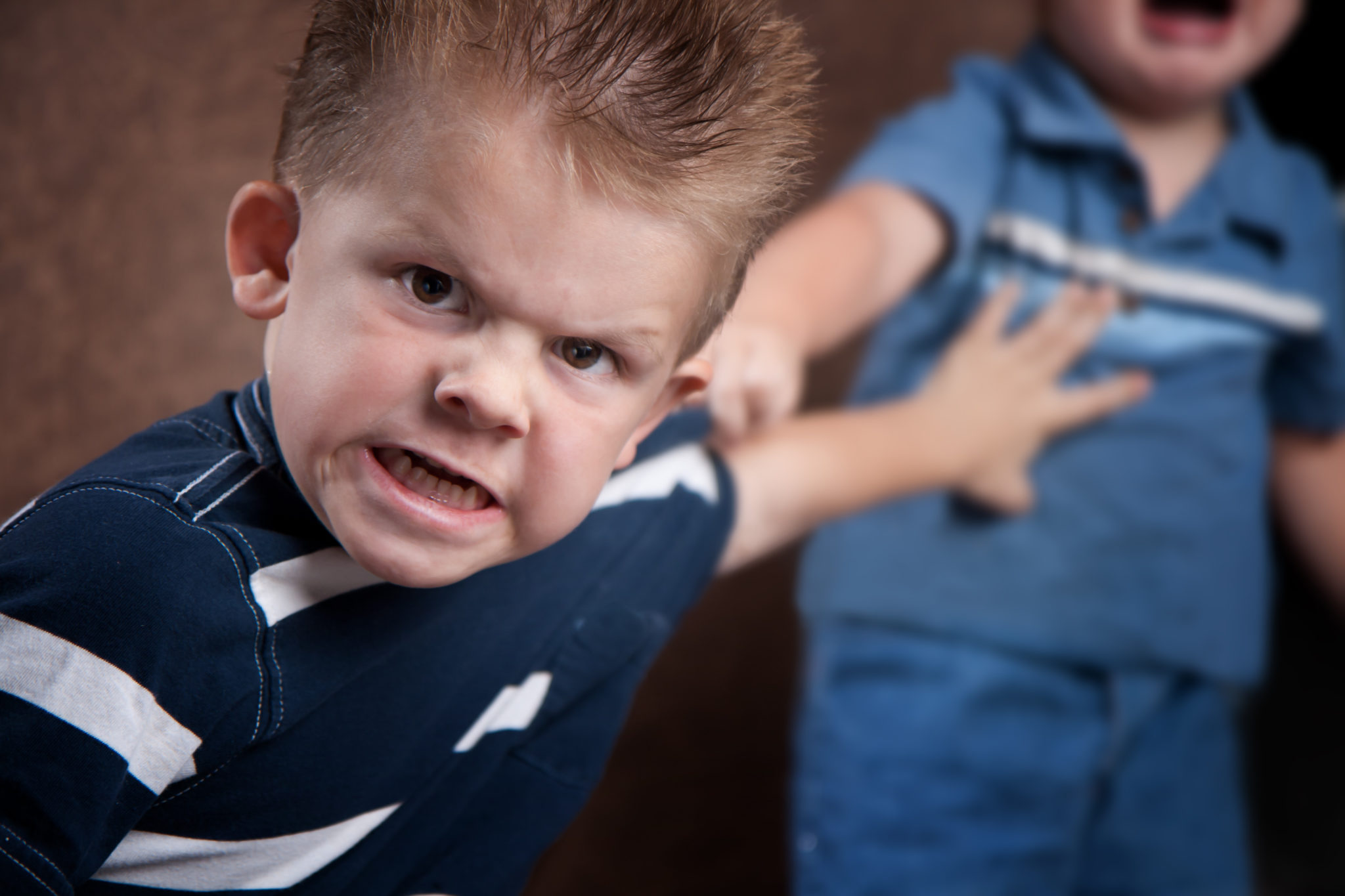
To make any single one of these things an anathema—even though every one of them are often misused and/or abused—is categorically wrong and counterproductive as much as is the toddlers tantrum.
The bottom line and litmus test of parenting is the child’s success and development, isn’t it. Some things work for him/her, some things won’t and let’s hope we’re in tune enough to find those techniques which will (eventually) endow them with success in life.
Needed discipline can and often will, make them unhappy, even to the point of crying. It’s supposed to be unpleasant. Perfection is NOT what children are born with—it’s a learned skill and limiting them from “unproductive” behaviors will often not make you their best friend. For crying out loud, it’s not supposed to.
It’s a clever play on words, often used as a “word gimmick” by authors and speakers, BUT: you really don’t want to be their BEST FRIEND, honest. Why would you? Being their parent is so, so… so much more rewarding and an infinitesimally better goal—for both of you!
4 Posts in Discipline (discipline) Series
- Discipline and Natural Consequences – 3 Feb 2018
- Parenting: Discipline – 7 Dec 2017
- Discipline in a Non-Confrontational Parent (link) – 3 Jan 2014
- Discipline Series: Intro/Index – 1 Jan 2014

